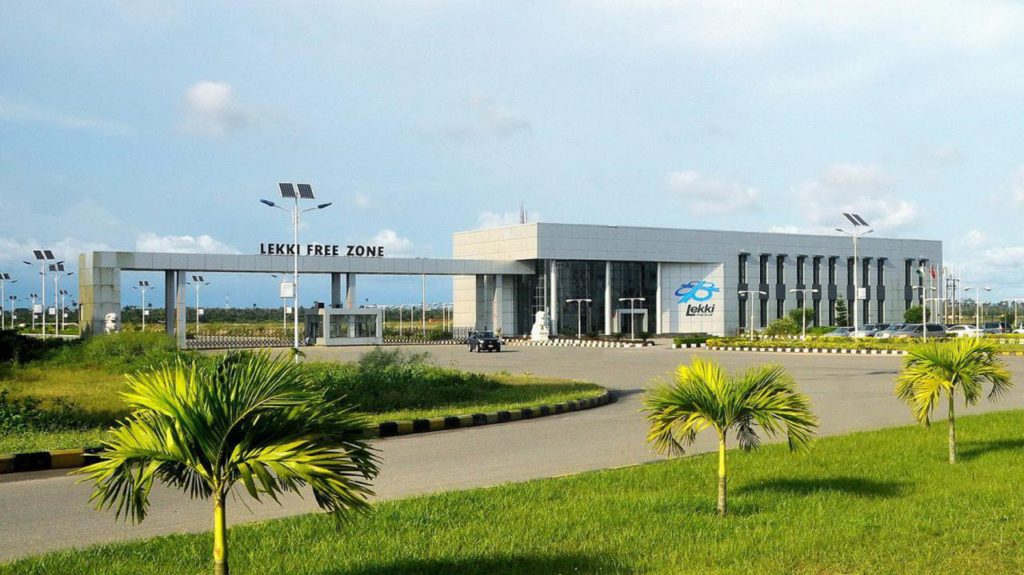Trading is an important aspect of a country’s survival. This is because no country can exist by itself, therefore, would need to interact with other countries, especially in good exchange. From raw materials to finished products, countries exchanges all kinds of goods, and the customs is one of the bodies in charge of exchange. However, there are some areas called free trade zones where customs do not oversee. The Nigeria free trade zones is an area free from customs duties. Here’s all you should know about free trade zones in Nigeria.

What are Nigeria free trade zones?
Nigeria free trade zones are areas within the county where goods may be landed, handled and manufactured, or repackaged and re-exported, without the oversight of custom duties. Although customs normally oversee the affairs of goods importation and exports, they do not interfere in free trade zones. However, when the goods in free zones are moved to consumers within the country, then they fall back into the jurisdiction of customs.
Free zones are organized around international airports, major seaports, and other strategic locations with trade advantages. In Nigeria, the Nigeria Export Processing Zones Authority (NEPZA), oversees activities in free zones. They established NEPZA under the Nigeria Export Processing Zone Act Cap N107 Laws of the Federation of Nigeria 2004.
What are the types of Nigeria free trade zone licenses?
There are three major licenses that can be granted in Nigeria with respect to operation in trade free zones. They are:
Free zone developers license:
they grant this license to a public or private entity. It allows them to establish, manage, and operate in a free zone in Nigeria, under the supervision, monitoring, and regulation by the NEPZA.
Free zone enterprise license:
this license is narrower. It is granted by the Authority or the zone management itself, grants this license to public or private enterprises. It allows them to operate within a specific free zone, and carry out activities including manufacturing, servicer provision, and trading.
Export processing factory/ Export processing farm license:
streamlined to farmers, the free trade authority to an export-oriented enterprise, grants this license. However, it is usually the manufacturing enterprise of a farm located in the customs territory. Also, this farm must have the capacity to export over 75% of its production.
Nigeria free trade zone eligibility criteria
As an applicant, you must satisfy the following criteria to be eligible for a free zone license in Nigeria:
- Your business activities must be in consonance with the free zone permitted activities
- The proposed business must bring value to and be consistent with the development program of the free zone
- A good technical, managerial, and financial capabilities with a considerable amount of experience
- You must comply with the applicable Rules, Act and Regulations, which are and could be put in place by the Authority or Zone.
- A good amount of foreign direct investment
How do I register with the Nigeria Export Processing Zones Authority?
To obtain a license, simply visit any office of the NEPZA, after which they would direct you on what to do. However, you can also visit their official website at www.nepza.gov.ng and apply online. They state the documents and requirements on their online portal.
Where are the active Nigeria free trade zones?
As of the time of this writing, the following are the functioning free trade zones:
- Ogun Guangdong free trade zone
- Lagos free trade zone
- Lekki free trade zone
- Newrest airline services and logistic EPZ
- Dangote industries free zone
- Ladol free zone
- Nigerian international Commerce City (Eko Atlantic)
- Nigeria Aviation Handling Company (NAHCO)
- Snake Island integrated free zone
- Tomaro industrial park
- Quits aviation services FZ
- Pan African Catering Services FZ
- NASCO FZ
- Alaro City Lekki Free Zone
- Centenary Economic City
- Abuja Tech Village Free Zone
- Newrest Airline Services and logistics FTZ
Conclusion
Nigeria free trade zone has made it far easier for businesses to partake in the importation and exportation of goods without tedious customs policies. This act increases direct foreign investments, which in turn grows the enterprise, adding to the country’s economic progress as a whole.